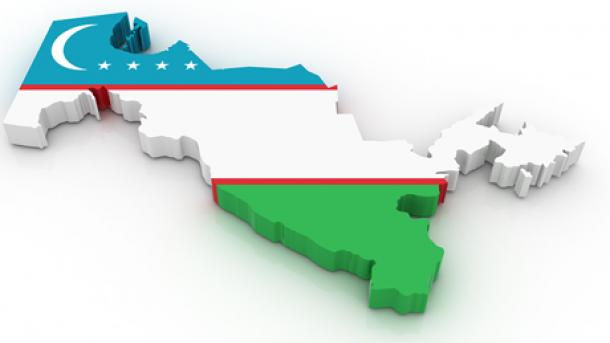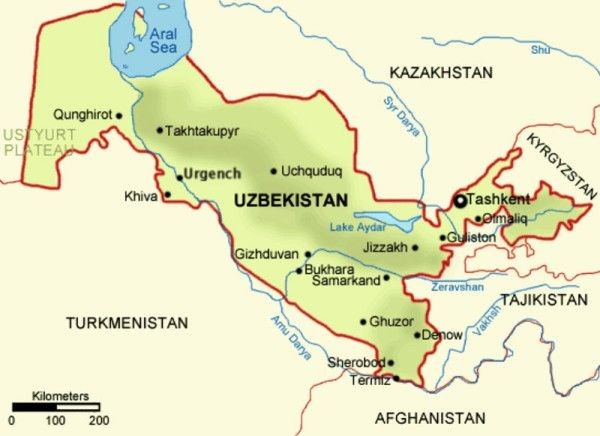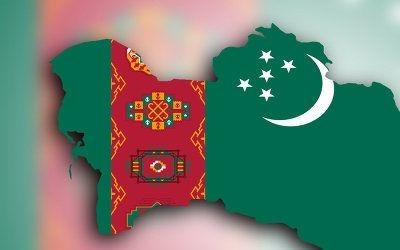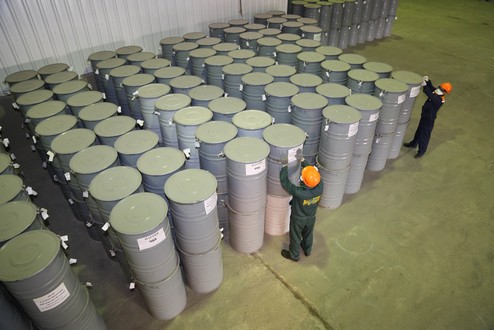ASTANA (TCA) — The government of Kazakhstan is planning to privatize state-owned stakes in a number of major companies, including the national uranium company. We are republishing this article on the issue, written by George Voloshin: Kazakhstan’s national uranium company Kazatomprom said, on October 15, that it was ready to go public by selling a portion of its issued shares on the London Stock Exchange and on the trading platform of the Astana International Financial Center (AIFC). The AIFC was officially launched without much fanfare in January 2018. It was later inaugurated by Kazakhstani President Nursultan Nazarbayev on the eve of his birthday and the 20th anniversary of the founding of his country’s current capital, Astana, both of which fall on July 6. The Astana International Exchange has a few registered members but no shares are currently traded, with all trading in equity and bonds taking place on the Almaty-based Kazakhstan Stock Exchange, instead. In 2015, Nazarbayev signed into law a special piece of legislation granting AIFC residents long-term tax breaks, hassle-free work permits and other perks. The brand-new financial center has a court of arbitration and a court of appeal, each staffed with Western-born judges and using English common law in what is the first extraterritorial application of foreign laws in Kazakhstan (Kursiv.kz, October 15; Mir24.tv, July 5; Sputniknews.kz, January 1). If Kazatomprom becomes a public company, it will be only the second major uranium miner in the world, after Canada’s Cameco, to obtain such a status. Kazakhstan’s sovereign wealth fund Samruk Kazyna, whose assets account for about 60 percent of national GDP, intends to dispose of up to a quarter of all shares outstanding (issued shares minus those held in treasury). Regardless of how many shares are eventually subscribed, it will remain the majority shareholder and will continue to exert effective control over company operations. According to further announcements made on October 31, Kazatomprom’s management values the whole company at between $3 billion and $4 billion. Initially, it plans to sell not more than 15 percent of the shares offered under the IPO to outside investors, including at least one fifth within the AIFC. The trading of global depository receipts (GDR) in London should commence on November 13, to be followed by the start of trading in GDRs and common stock in Kazakhstan several days later (Kazatomprom.kz, Informburo.kz, October 31; Kapital.kz, October 24). The global uranium sector is a highly concentrated industry, and Kazatomprom just happens to be the world’s largest producer of uranium, a strategic metal used for both civilian and military purposes. Last year, its output from wholly and jointly owned enterprises reached 12,100 tons, equivalent to 20 percent of the world total. Unlike most other producers that rely on good relations with foreign governments for continued access to their reserves, Kazatomprom has its entire resource base of approximately 300,000 tons located in Kazakhstan alone. In 2017, it had total sales of $907 million, down from $1.1 billion the year before, although its net profit rose...





